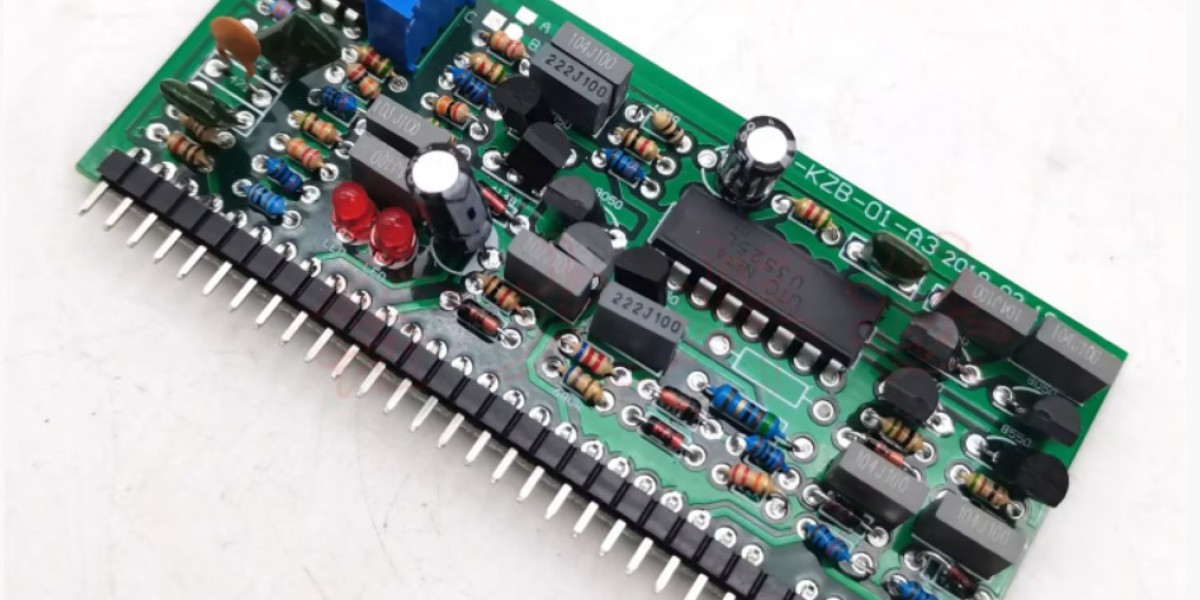For many Governor of Poker 3 (GoP3) players, the journey starts with small-stakes casual tables. Over time, you learn the basic rules, refine your betting strategy, and begin to dominate low-pressure games. But when the step is taken into competitive tournaments, a surprising reality often hits: the same skills that win you chips at regular tables don’t necessarily guarantee success in high-stakes events.
Why does this happen? The answer lies in the unique demands of tournament poker and the mental adjustments required to succeed at the advanced level.
1. The Structure Is Completely Different
At casual tables, you can buy in and leave at will. There’s no escalating pressure — blinds stay fixed, and you can patiently wait for good hands. In tournaments, blinds increase over time, forcing you to adapt quickly. A passive strategy that works in regular games can be fatal here, as waiting too long can see your stack evaporate without even entering a pot.
2. Player Types Are More Varied
Tournament fields often contain a mix of aggressive veterans, unpredictable newcomers, and cautious grinders. Unlike casual tables, where play styles tend to be more predictable, tournaments require rapid reads and constant adjustments. Recognizing the difference between a reckless bluff and a well-disguised trap becomes essential.
3. Risk Management Takes a New Form
In regular games, losing a big hand simply means rebuying and trying again. In tournaments, one mistake can end your run entirely. This creates a unique psychological challenge: balancing the need to accumulate chips with the discipline to avoid unnecessary risks. Professional players excel at picking optimal spots to apply pressure while protecting their tournament life.
4. Endgame Pressure Is Brutal
Even if you survive to the later stages, the pressure intensifies. Pay jumps, final table visibility, and the potential for massive chip swings demand both technical skill and emotional control. The best players are able to stay calm, exploit short stacks, and adapt to the shifting dynamics of fewer opponents.
5. The Mindset Shift
One of the hardest adjustments for casual table winners is the mindset required in tournaments. You must embrace flexibility, accept that variance plays a bigger role, and understand that folding strong hands can sometimes be the best move for long-term survival. Patience, discipline, and situational awareness all need to operate at a higher level.
Closing Thoughts
The leap from dominating casual tables to succeeding in tournaments isn’t simply about improving your card skills — it’s about evolving your strategy, mental toughness, and adaptability. Success in one arena doesn’t automatically translate to the other, and that’s exactly what makes tournaments so exciting.
If you’re ready to test yourself against the unique challenges of tournament play, preparation is key — both in strategy and in chip reserves. You can visit mmowow store to buy governor of poker 3 chips and ensure you’re ready to face the advanced stage of the game with confidence.




